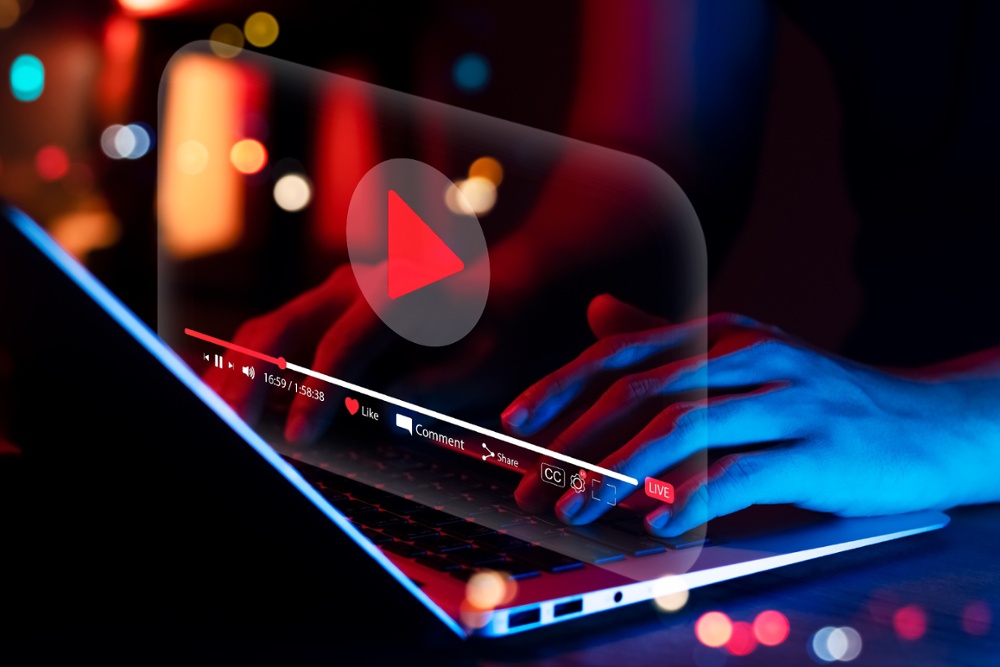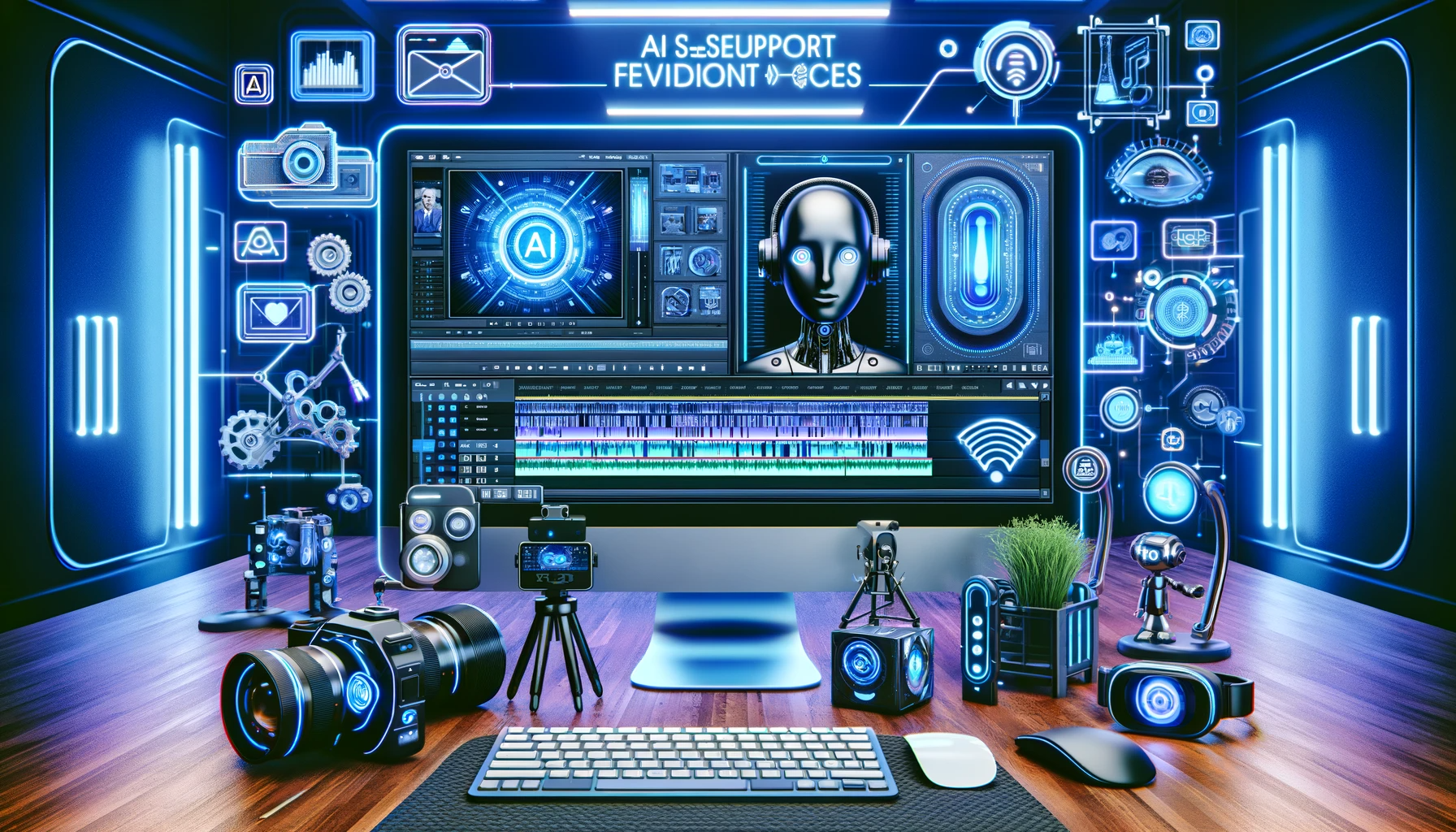2 min read
Combatting Online Piracy: The Consequences of Live Streaming
Karol Kulpa
Sep 12, 2023 8:00:00 AM

Live streaming is continually gaining popularity. The number of online broadcasters and their audience is increasing each year. Unfortunately, where there is more money involved, there is also a growing number of attempts to illegally intercept and share live streams for a fee, bypassing the content owner. Are there effective ways to combat this practice?
The growing popularity of live streaming
Just a few years ago, live streaming was mainly associated with the gaming industry. While it still holds a significant share of the market, today we can watch live broadcasts from various domains, including sports, news, journalism, and even sharing daily life experiences with viewers. All of this and more can be easily found on streaming platforms such as YouTube, Twitch, Facebook Live, and numerous dedicated platforms.
Why is streaming so popular? Watching "live" programs gives viewers a sense of participation in the event, enhanced by the ability to communicate with other users through features like live chats. Additionally, streaming allows viewers to access events regardless of their location, eliminating the need to choose between attending in person or watching on television. Nowadays, you can be anywhere and tune into a live stream on your mobile device at the right time. Did you miss the event due to other commitments? Not a problem, as you can often play the video at your convenience. Furthermore, many live streams are available in high-definition (HD) and even 4K quality. What more could you ask for?
Young people live on the Internet
It's worth noting that live streaming services are also an excellent way to reach a younger audience. For instance, a report by the British Office of Communications from last year indicated that individuals aged 15-24 spend two-thirds less time watching television compared to a decade ago and nearly seven times less than viewers over 65 years old. For young people, the "Internet is king."
Young people more susceptible to pirated content
However, young people's interest in live streaming services has a darker side. According to research conducted a few years ago by SMG Insight, over half of respondents aged 18-24 admitted to watching illegal broadcasts online, with a third confirming they do so regularly. Although these statistics might have changed in recent years, it's challenging to assume a significant shift in the trend. Young people are natural consumers of pirated content due to factors such as higher internet literacy compared to older generations, frequent use of online platforms and social networking sites that can serve as sources of pirated content, and limited purchasing power that hinders access to legal, paid sources.
Ways to secure content
Illegal content distribution poses a real and growing problem for broadcasters, and combating pirates can be challenging and not always successful. However, there are ways to combat this issue. One method is to utilize numeric watermarks. The signal sender can temporarily display a unique numerical string in the image for each user of the platform. In the event of signal piracy on external platforms, this string allows for easy identification of the account providing the unauthorized transmission, facilitating its immediate blocking.
Additionally, partnering with external companies specializing in internet copyright protection is worth considering. For instance, in the case of YouTube, entities like the BB Media Group offer expertise in detecting and removing pirated streams in real-time utilizing both automatic and manual tools. Over the past year alone, we have successfully secured numerous events in Poland and abroad. If you need assistance in safeguarding your content, please feel free to contact us.
Last but not least - the power of education
In the case of young people, it's also important to mention the power of education. Many young individuals watch pirated content "because it's available for free on the internet," without realizing that they are doing something wrong. It's crucial to shape a culture of consuming legal content. Young people need to be made aware that by watching pirated streams, they are harming their favorite clubs, athletes, musicians, and that the sale of legitimate access often determines the organization of future events.








